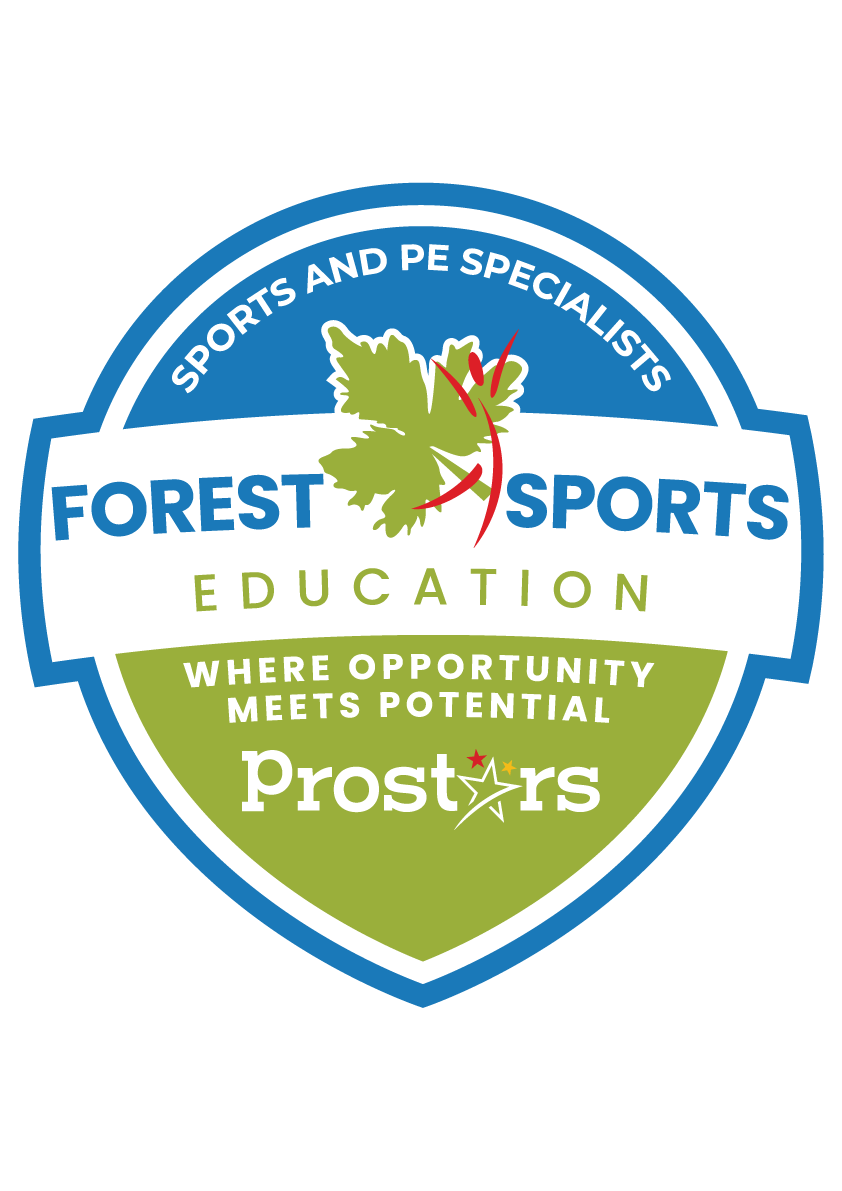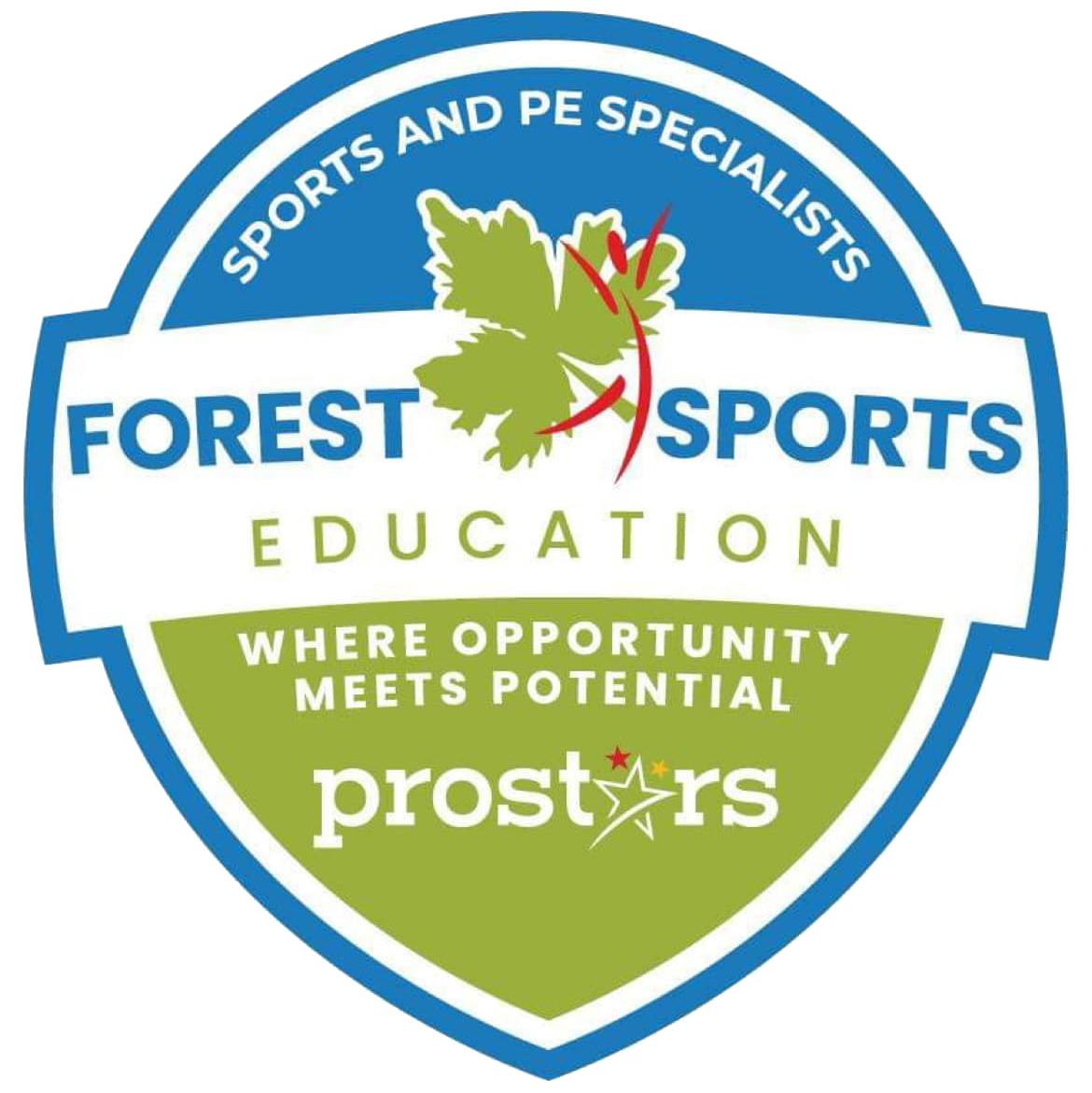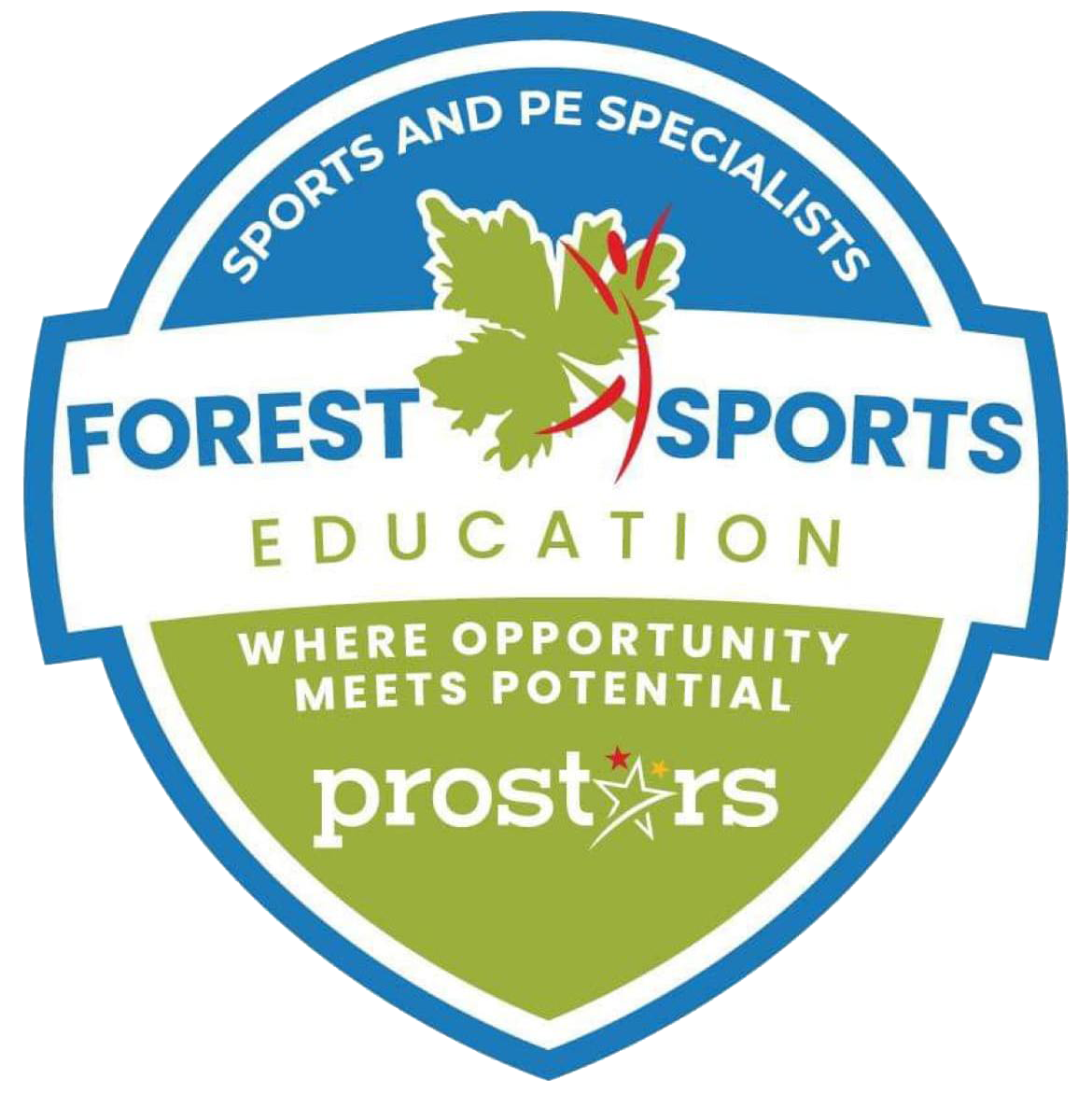About the course
The Level 3 qualification is a two-year program comprising 12 units that explore essential areas of the sports industry, including fitness, coaching, therapy, performance, and business.
Learning is delivered through a combination of practical lectures, online sessions, and individual or group study, all supported by experienced staff with diverse sporting backgrounds.
The course equips students for higher education or a career in sport, offering opportunities to gain valuable hands-on work experience along the way.
What you need: Five GCSEs at grade 4/C or above, which includes mathematics and English language.
About the course
The Level 3 qualification is a two-year program comprising 12 units that explore essential areas of the sports industry, including fitness, coaching, therapy, performance, and business.
Learning is delivered through a combination of practical lectures, online sessions, and individual or group study, all supported by experienced staff with diverse sporting backgrounds.
The course equips students for higher education or a career in sport, offering opportunities to gain valuable hands-on work experience along the way.
What you need: Five GCSEs at grade 4/C or above, which includes mathematics and English language.
The sport and active leisure industry is constantly evolving and offers a wide range of career opportunities. To succeed, you need the right behaviours, values, skills, and techniques.
In this unit, you will explore how the UK industry is organised, research career options across public, private, and voluntary sectors, and identify the qualifications and experience needed for each. You will also complete an application and interview process for a chosen pathway, evaluating your performance to recognise strengths and areas for development.
This unit equips you with the knowledge and skills to pursue a career in sport and active leisure, whether you choose to enter employment straight after your qualification or continue with further study.
Health and wellbeing is an increasingly important focus within the UK sport and active leisure industry. Growing awareness of the effects of physical and mental health on daily life and sport has highlighted the need to address these areas.
In this unit, you will study key aspects of health and wellbeing, national benchmarks, and why government and sporting bodies prioritise them. You will examine how different factors affect participation in sport and physical activity, and apply your knowledge by assessing your own health and that of another individual. From this, you will identify strategies to improve wellbeing.
This unit prepares you for employment in sport and active leisure or further study in health, wellbeing, and sport-related fields.
Assistant coaches play a key role in developing athletes, performers, and participants, supporting high-quality coaching across different disciplines.
In this unit, you will learn the roles, skills, and responsibilities of an assistant coach, along with the legislation and guidelines that shape practice. You will explore methods to improve skills, techniques, and tactics, then plan and deliver coaching sessions under the supervision of a qualified coach.
Through reflection and evaluation, you will create a development plan to improve your future coaching.
This unit prepares you for employment in coaching and education or progression to higher education and professional qualifications in coaching, physical education, or sports management.
Sport development is a vital and evolving part of today’s sports industry, influencing athlete performance, healthy living, and key life skills.
In this unit, you will explore the role of sport development officers, key concepts such as the development continuum, target groups, and barriers to participation, as well as the wider agendas sport development supports. You will examine how cultural, financial, and other factors affect participation, and study how local authorities, governing bodies, clubs, and organisations deliver sport development in practice.
You will also develop project management skills, learning how to design and deliver multi-agency projects with stakeholders, funders, and volunteers.
This unit prepares you for careers in sport development, health, or education, as well as progression to higher education or professional qualifications in sport development, coaching, and health promotion.
Self-employment is common in the sports industry, whether as a coach, trainer, or instructor, or in supporting roles such as nutritionist or physiotherapist. Opportunities range from part-time portfolio work to full-time careers.
In this unit, you will explore types of self-employment, the skills and behaviours required, and how to meet client needs. You will create and present a self-employment strategy and business plan, then review your approach for improvement.
This unit prepares you for self-employment or work in sport, fitness, and outdoor activities, as well as further study or professional qualifications.
The human body is made up of interconnected systems that enable us to take part in sport and exercise. The musculoskeletal, cardiovascular, and respiratory systems work together to supply energy, oxygen, and movement for performance, whether sprinting at high intensity or sustaining endurance over hours.
In this unit, you will study the structure and function of these systems, exploring bones, joints, muscles, fibre types, the heart, and blood vessels. You will investigate how the body responds to exercise in the short and long term, including how energy systems interact, and take part in practical activities and physiological tests to see these responses in action.
This unit prepares you for careers such as personal training, football coaching, or fitness instruction, as well as further study in higher education or professional qualifications in sport and exercise science.
The sport and active leisure industry is constantly evolving and offers a wide range of career opportunities. To succeed, you need the right behaviours, values, skills, and techniques.
In this unit, you will explore how the UK industry is organised, research career options across public, private, and voluntary sectors, and identify the qualifications and experience needed for each. You will also complete an application and interview process for a chosen pathway, evaluating your performance to recognise strengths and areas for development.
This unit equips you with the knowledge and skills to pursue a career in sport and active leisure, whether you choose to enter employment straight after your qualification or continue with further study.
Health and wellbeing is an increasingly important focus within the UK sport and active leisure industry. Growing awareness of the effects of physical and mental health on daily life and sport has highlighted the need to address these areas.
In this unit, you will study key aspects of health and wellbeing, national benchmarks, and why government and sporting bodies prioritise them. You will examine how different factors affect participation in sport and physical activity, and apply your knowledge by assessing your own health and that of another individual. From this, you will identify strategies to improve wellbeing.
This unit prepares you for employment in sport and active leisure or further study in health, wellbeing, and sport-related fields.
Assistant coaches play a key role in developing athletes, performers, and participants, supporting high-quality coaching across different disciplines.
In this unit, you will learn the roles, skills, and responsibilities of an assistant coach, along with the legislation and guidelines that shape practice. You will explore methods to improve skills, techniques, and tactics, then plan and deliver coaching sessions under the supervision of a qualified coach.
Through reflection and evaluation, you will create a development plan to improve your future coaching.
This unit prepares you for employment in coaching and education or progression to higher education and professional qualifications in coaching, physical education, or sports management.
Sport development is a vital and evolving part of today’s sports industry, influencing athlete performance, healthy living, and key life skills.
In this unit, you will explore the role of sport development officers, key concepts such as the development continuum, target groups, and barriers to participation, as well as the wider agendas sport development supports. You will examine how cultural, financial, and other factors affect participation, and study how local authorities, governing bodies, clubs, and organisations deliver sport development in practice.
You will also develop project management skills, learning how to design and deliver multi-agency projects with stakeholders, funders, and volunteers.
This unit prepares you for careers in sport development, health, or education, as well as progression to higher education or professional qualifications in sport development, coaching, and health promotion.
Self-employment is common in the sports industry, whether as a coach, trainer, or instructor, or in supporting roles such as nutritionist or physiotherapist. Opportunities range from part-time portfolio work to full-time careers.
In this unit, you will explore types of self-employment, the skills and behaviours required, and how to meet client needs. You will create and present a self-employment strategy and business plan, then review your approach for improvement.
This unit prepares you for self-employment or work in sport, fitness, and outdoor activities, as well as further study or professional qualifications.
The human body is made up of interconnected systems that enable us to take part in sport and exercise. The musculoskeletal, cardiovascular, and respiratory systems work together to supply energy, oxygen, and movement for performance, whether sprinting at high intensity or sustaining endurance over hours.
In this unit, you will study the structure and function of these systems, exploring bones, joints, muscles, fibre types, the heart, and blood vessels. You will investigate how the body responds to exercise in the short and long term, including how energy systems interact, and take part in practical activities and physiological tests to see these responses in action.
This unit prepares you for careers such as personal training, football coaching, or fitness instruction, as well as further study in higher education or professional qualifications in sport and exercise science.
A sports coach’s main goal is to maximise the performance of individuals or teams, helping athletes achieve beyond what they could alone. Coaching is a complex but rewarding role that contributes to sport across many disciplines.
In this unit, you will assess participant needs, design tailored coaching programmes, and coordinate the wider coaching team. You will focus on leadership, feedback, progress monitoring, and adapting plans to improve performance.
This unit prepares you for employment in coaching or progression to higher education and professional coaching qualifications.
Improvement in sport relies on research and investigation, whether to increase community participation or develop new tactics and techniques.
In this unit, you will build research skills needed for independent investigation, including forming proposals, creating hypotheses, defining methodologies, and analysing data while following ethical guidelines. You will also learn to interpret findings, draw conclusions, and assess their impact.
On completion, you will be able to plan and conduct independent research, with transferable problem-solving and analytical skills valued in both higher education and employment.
In modern sport, success depends on multiple factors, including physical preparation, strategy, nutrition, self-control, and mental strength. The application of psychology has become increasingly important in helping athletes and teams gain a competitive edge.
In this unit, you will explore sport psychology and learn how psychological techniques influence individual and team performance. You will study personality, motivation, stress management, and the impact of social and team environments on performance. Key aspects of team dynamics—such as cohesion, development, and leadership—will also be covered.
You will apply this knowledge to assess an athlete’s psychological strengths, identify areas for improvement, and design a psychological skills training programme to enhance performance.
This unit prepares you for careers in sport and active leisure, further study in higher education, or professional qualifications supporting athletes and teams.
Good nutrition and hydration are vital for sports performance, supporting health, training, and recovery for athletes at all levels. Coaches, trainers, and strength and conditioning staff also need to understand these principles to optimise performance and wellbeing.
In this unit, you will study nutrition and digestion, balanced diets, energy intake and expenditure, hydration strategies, and the nutritional demands of different sports. You will consider practical factors such as costs, availability, and legislation relating to performance-enhancing substances. You will then apply this knowledge to create realistic diet and hydration plans for individual performers.
This unit prepares you for careers in coaching, fitness, sports nutrition, or elite sport, as well as further study or professional qualifications in sports nutrition and related fields.
Injuries are common in sport, making it essential to understand how the body responds, how to prevent injuries, and how effective treatment and rehabilitation can reduce time away from participation.
In this unit, you will explore the physiological and psychological causes of injury, risk factors, prevention strategies, and methods to manage and treat injuries. You will study how the body reacts to different injuries, why some athletes are more predisposed, and how to promote safe and effective recovery.
This unit prepares you for careers in sports facilities, sports therapy, or rehabilitation, as well as further study or professional qualifications in sports science, therapy, and physical activity.
Fitness is essential for success in sport, physical activity, and active leisure. Participants—from elite athletes to community sports enthusiasts—rely on structured training, making it important for sports professionals to plan safe and effective fitness programmes.
In this unit, you will explore methods to improve flexibility, strength, endurance, power, speed, and aerobic fitness. You will learn to prescribe appropriate exercise intensities, work/rest ratios, repetitions, sets, and training systems, then plan, deliver, and monitor fitness programmes.
This unit prepares you for careers as a fitness instructor, personal trainer, or in sports coaching and active leisure, as well as further study or professional qualifications in the fitness industry.
A sports coach’s main goal is to maximise the performance of individuals or teams, helping athletes achieve beyond what they could alone. Coaching is a complex but rewarding role that contributes to sport across many disciplines.
In this unit, you will assess participant needs, design tailored coaching programmes, and coordinate the wider coaching team. You will focus on leadership, feedback, progress monitoring, and adapting plans to improve performance.
This unit prepares you for employment in coaching or progression to higher education and professional coaching qualifications.
Improvement in sport relies on research and investigation, whether to increase community participation or develop new tactics and techniques.
In this unit, you will build research skills needed for independent investigation, including forming proposals, creating hypotheses, defining methodologies, and analysing data while following ethical guidelines. You will also learn to interpret findings, draw conclusions, and assess their impact.
On completion, you will be able to plan and conduct independent research, with transferable problem-solving and analytical skills valued in both higher education and employment.
In modern sport, success depends on multiple factors, including physical preparation, strategy, nutrition, self-control, and mental strength. The application of psychology has become increasingly important in helping athletes and teams gain a competitive edge.
In this unit, you will explore sport psychology and learn how psychological techniques influence individual and team performance. You will study personality, motivation, stress management, and the impact of social and team environments on performance. Key aspects of team dynamics—such as cohesion, development, and leadership—will also be covered.
You will apply this knowledge to assess an athlete’s psychological strengths, identify areas for improvement, and design a psychological skills training programme to enhance performance.
This unit prepares you for careers in sport and active leisure, further study in higher education, or professional qualifications supporting athletes and teams.
Good nutrition and hydration are vital for sports performance, supporting health, training, and recovery for athletes at all levels. Coaches, trainers, and strength and conditioning staff also need to understand these principles to optimise performance and wellbeing.
In this unit, you will study nutrition and digestion, balanced diets, energy intake and expenditure, hydration strategies, and the nutritional demands of different sports. You will consider practical factors such as costs, availability, and legislation relating to performance-enhancing substances. You will then apply this knowledge to create realistic diet and hydration plans for individual performers.
This unit prepares you for careers in coaching, fitness, sports nutrition, or elite sport, as well as further study or professional qualifications in sports nutrition and related fields.
Injuries are common in sport, making it essential to understand how the body responds, how to prevent injuries, and how effective treatment and rehabilitation can reduce time away from participation.
In this unit, you will explore the physiological and psychological causes of injury, risk factors, prevention strategies, and methods to manage and treat injuries. You will study how the body reacts to different injuries, why some athletes are more predisposed, and how to promote safe and effective recovery.
This unit prepares you for careers in sports facilities, sports therapy, or rehabilitation, as well as further study or professional qualifications in sports science, therapy, and physical activity.
Fitness is essential for success in sport, physical activity, and active leisure. Participants—from elite athletes to community sports enthusiasts—rely on structured training, making it important for sports professionals to plan safe and effective fitness programmes.
In this unit, you will explore methods to improve flexibility, strength, endurance, power, speed, and aerobic fitness. You will learn to prescribe appropriate exercise intensities, work/rest ratios, repetitions, sets, and training systems, then plan, deliver, and monitor fitness programmes.
This unit prepares you for careers as a fitness instructor, personal trainer, or in sports coaching and active leisure, as well as further study or professional qualifications in the fitness industry.


